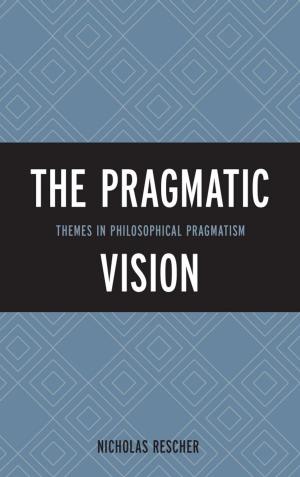Hanging Out and Hanging On
From the Projects to the Campus
Nonfiction, Reference & Language, Education & Teaching, Student & Student Life, Counseling & Guidance| Author: | Elsa Nunez | ISBN: | 9781475802443 |
| Publisher: | Rowman & Littlefield Publishers | Publication: | May 7, 2014 |
| Imprint: | Rowman & Littlefield Publishers | Language: | English |
| Author: | Elsa Nunez |
| ISBN: | 9781475802443 |
| Publisher: | Rowman & Littlefield Publishers |
| Publication: | May 7, 2014 |
| Imprint: | Rowman & Littlefield Publishers |
| Language: | English |
Hanging Out and Hanging on: From the Projects to the Campus chronicles the progress of students from Hartford and Manchester, Connecticut, who are enrolled in the Dual College Enrollment Program (DCEP) at Eastern Connecticut State University. “Hanging Out” sets the stage for describing the program by first reaching back in time to tell of Dr. Núñez’s own beginnings in Puerto Rico and Newark, New Jersey, of her struggles as a non-English speaking elementary school student and her triumphs in high school and college. The next section of the book describes the lives of Latinos in Connecticut and the social, economic, and educational challenges they have faced over time. Her personal experiences and desire to improve the lives of the underprivileged led Dr. Núñez to create the DCEP Program. Through the words of faculty and staff and the personal accounts of six DCEP students, you will read stories of desperation and hope, of struggle and triumph, of heart-breaking failure and stunning success. We hope their story can serve as a model for other communities to follow.
Hanging Out and Hanging on: From the Projects to the Campus chronicles the progress of students from Hartford and Manchester, Connecticut, who are enrolled in the Dual College Enrollment Program (DCEP) at Eastern Connecticut State University. “Hanging Out” sets the stage for describing the program by first reaching back in time to tell of Dr. Núñez’s own beginnings in Puerto Rico and Newark, New Jersey, of her struggles as a non-English speaking elementary school student and her triumphs in high school and college. The next section of the book describes the lives of Latinos in Connecticut and the social, economic, and educational challenges they have faced over time. Her personal experiences and desire to improve the lives of the underprivileged led Dr. Núñez to create the DCEP Program. Through the words of faculty and staff and the personal accounts of six DCEP students, you will read stories of desperation and hope, of struggle and triumph, of heart-breaking failure and stunning success. We hope their story can serve as a model for other communities to follow.















